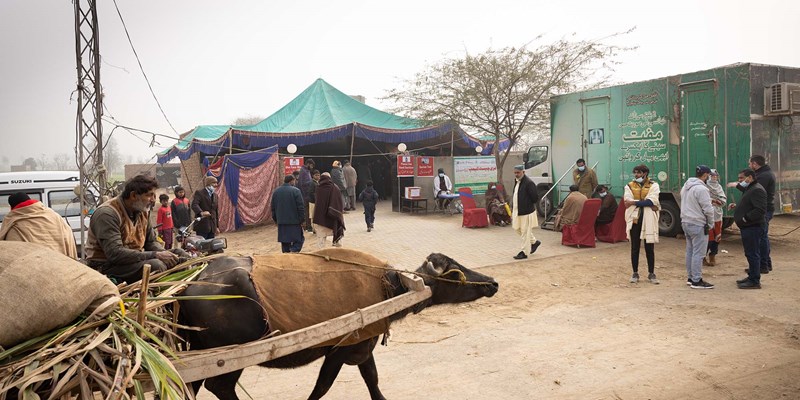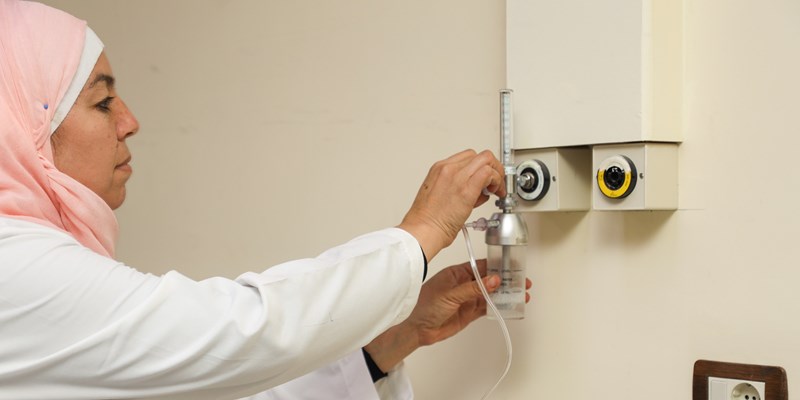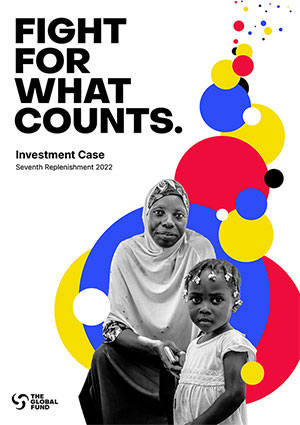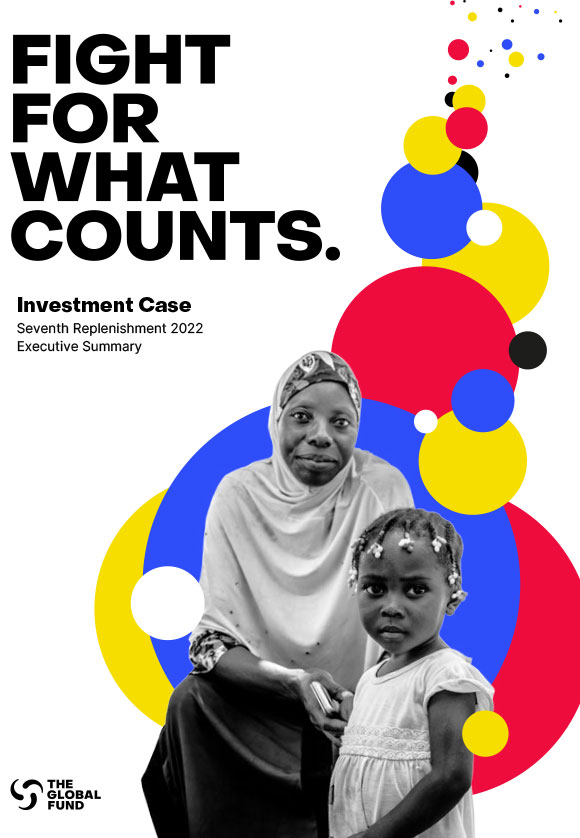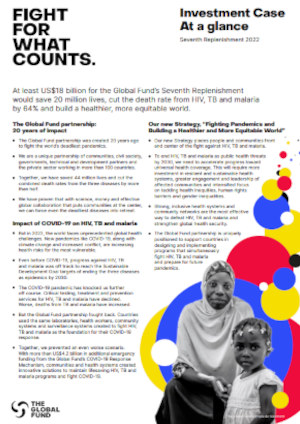Swaziland Aims for Malaria Elimination
14 January 2015
MBABANE, Swaziland – The Global Fund to Fight AIDS, Tuberculosis and Malaria and the Kingdom of Swaziland have strengthened their partnership by signing a new grant to support the elimination of malaria in the country by the end of 2015 with World Health Organisation certification by 2020.
The financial resources provided through the Global Fund come from many donors, represented today by the European Union and the United States. Beyond finances, the grant agreements embody solidarity with the people of Swaziland and many supporting partners, including WHO, the Clinton Health Access Initiatives and others.
The grant was signed by the Prime Minister of Swaziland, His Excellency Dr. Barnabas Dlamini, and Dr. Mark Dybul, Executive Director of the Global Fund, at the Prime Minister’s office in Mbabane.
The grant is for US$4 million and will fund expanded testing and surveillance, distribution of malaria medications, indoor spraying in malarial regions and rapid response planning for the possibility of outbreaks.
“With the superb collaboration and support provided both by the Global Fund, as well as other generous and committed development partners, we in Swaziland have generated a highly commendable response,” Dr. Dlamini said. “If we start with malaria it is readily acknowledged that the disease is under control in our country. The number of cases has dropped by 90 per cent in the past five years, and the mortality rate has fallen to zero."
Swaziland’s significant progress towards eliminating malaria has seen the number of cases drop from 7,507 in 2008-09 to 738 in 2012-13.
However, malaria remains a threat to about 286,000 people living in Swaziland’s Lowveld and Lubombo Plateau regions.
“Swaziland’s increasing investment in malaria elimination means its partnership with the Global Fund is especially effective,” Dr. Dybul said. “Elimination of malaria in Swaziland by the end of 2015 is now a realistic goal for all of us to strive towards.”
Swaziland’s increased investment in the fight against HIV, TB and malaria has built a sustainable campaign against the three diseases.
The country has used rapid diagnostic testing and the targeted distribution of insecticide treated bed nets as well as mass media public health campaigns to make progress against malaria.
Swaziland has also been a pioneering user of geographical information systems to track and detect malaria outbreaks. The grant will be administered by Swaziland’s National Malaria Control Program under the Ministry of Health.
